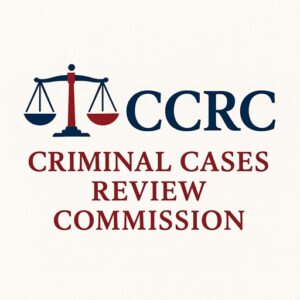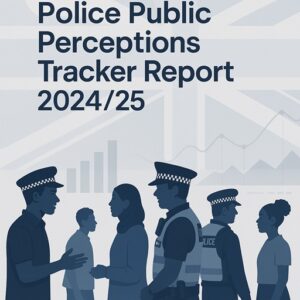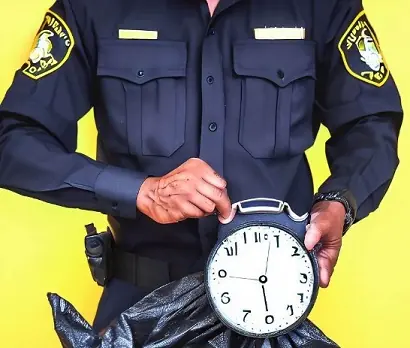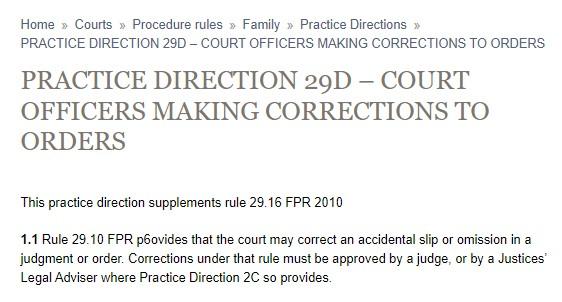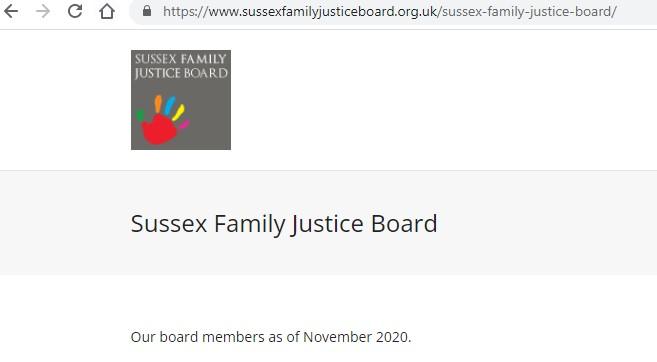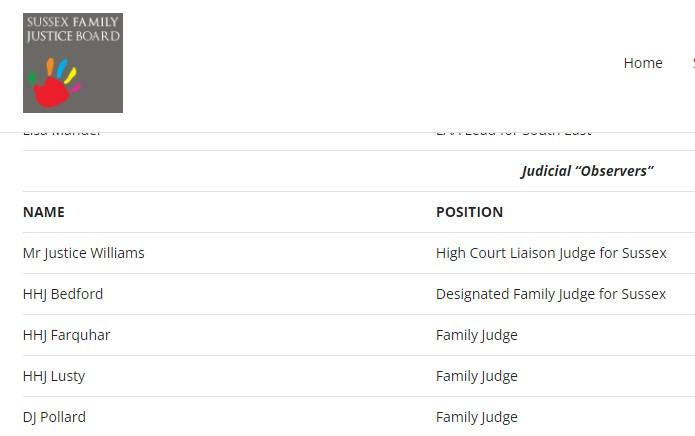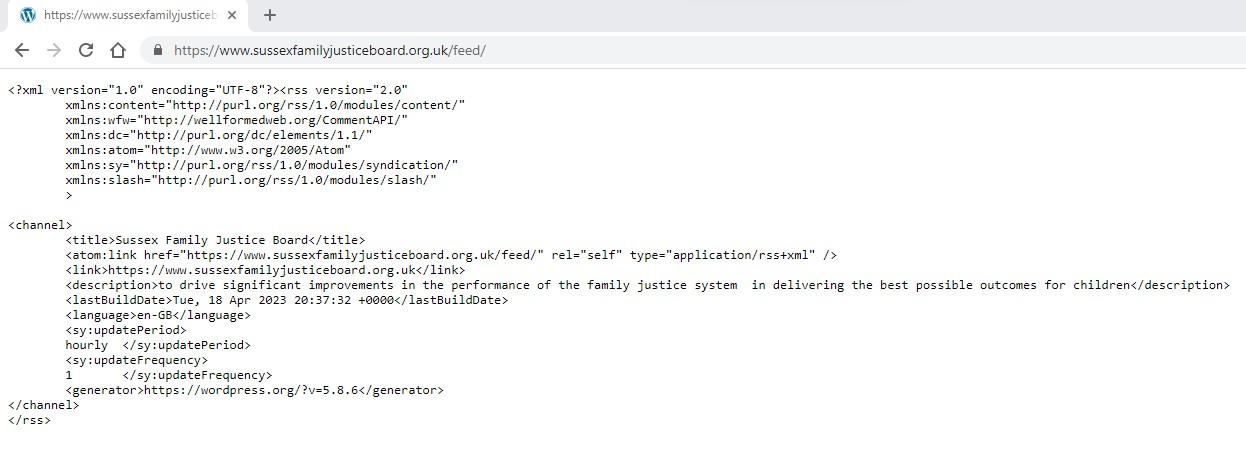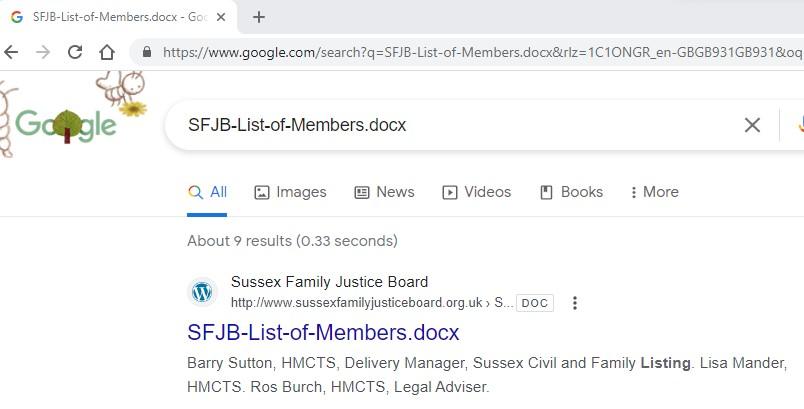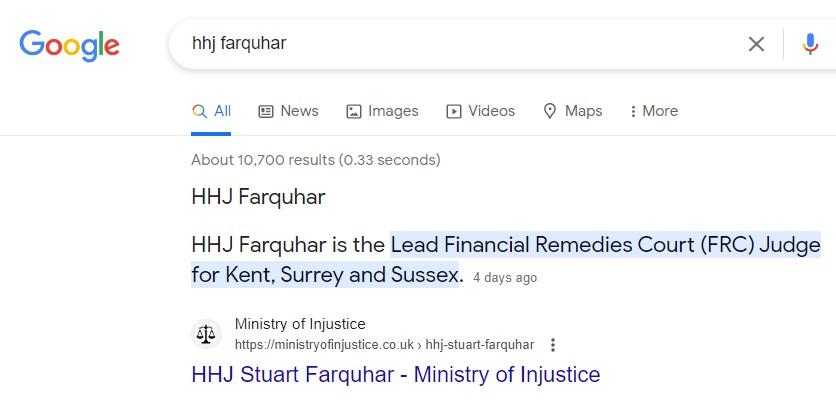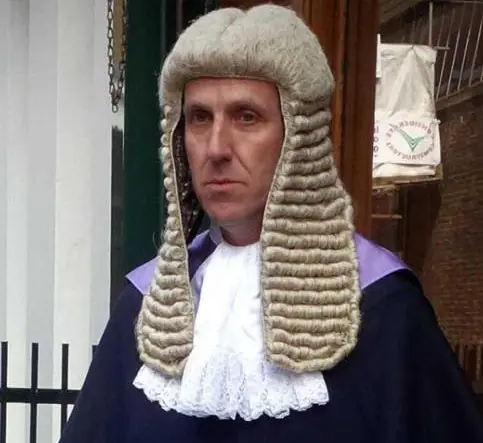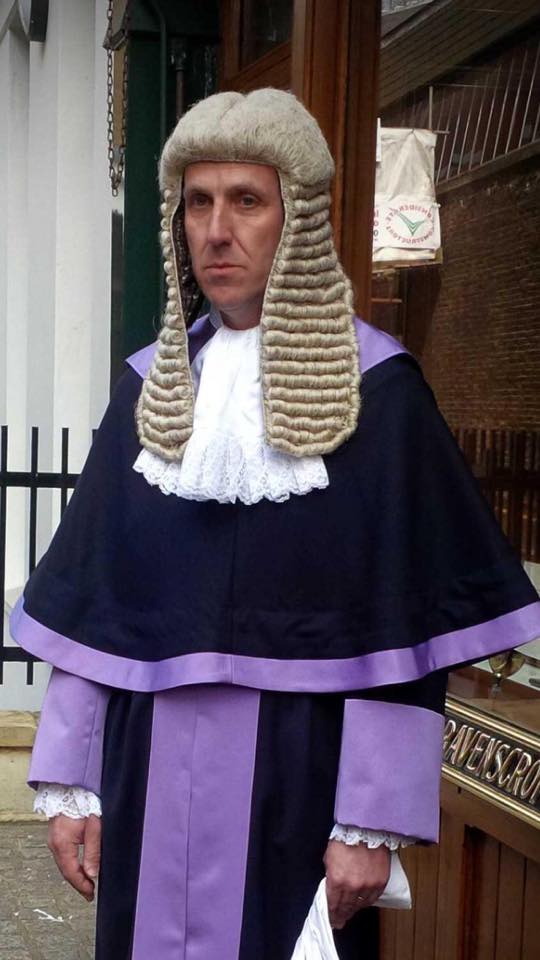The Keeper or Master of the Rolls and Records of the Chancery of England, also known as the Master of the Rolls, is the President of the Civil Division of the Court of Appeal of England and Wales.
The Master of the Rolls is a senior judge and is second in seniority in England and Wales only to the Lady Chief Justice who is currently Sue Lascelles Carr, Baroness Carr of Walton-on-the-Hill, DBE, PC.
The Master of the Rolls is consulted on matters such as the civil justice system and rights of audience.
As President of the Court of Appeal’s Civil Division they are the Head of Civil Justice and are responsible for the deployment and organisation of the work of judges in the civil division. They also hear the most complex cases across the full range of civil, family and tribunal matters.
The current Master of the Rolls is Sir Geoffrey Vos.
Address (in Correspondence)….
The Right Honourable
The Master of the RollsDear….Master of the Rolls
In court….My Lord
What do I call a judge? Courts and Tribunals Judiciary
You may also be interested in our article on the Lady Chief Justice and Lord Chancellor.
History of the Master of the Rolls
The Master of the Rolls has a long and fascinating history that dates back to the 13th century. Originally, the position was responsible for keeping the “rools” or records of the Court of Chancery, which was a court of equity that dealt with disputes not covered by common law. As the legal system evolved, the Master of the Rolls became a senior judge in their own right, with responsibilities that extended beyond the Chancery.
During the reign of King Henry VIII, the Master of the Rolls was appointed to the Privy Council, a group of advisers to the monarch. In the 19th century, the position of Master of the Rolls became one of the most prestigious legal positions in the country. In 1833, the Master of the Rolls was made a member of the House of Lords and was granted the right to sit and vote in that chamber.
The Rolls Court was to last 50 years as a court of first instance; it was abolished by the Judicature Act of 1881. The Master of the Rolls ceased to be a judge of the High Court and became a judge of the Court of Appeal.
A list of previous Masters of the Rolls is maintained at Wikipedia.
Appointment
The Heads of Division are appointed by the King on the recommendation of a selection panel convened by the Judicial Appointments Commission (JAC).
The selection panel comprises the Lady Chief Justice as Chair, a nominee of the Lord Chief Justice, the Chair of the JAC, a lay member of the JAC and a nominee of the JAC Chair agreed with the Lord Chief Justice.
The panel reports to the Lord Chancellor, who can then accept the selection, reject it, or require the panel to reconsider. If practical the panel must consult the current holder of the office for which a selection is being made.
By law, candidates for the post must be qualified for appointment as a Lord Justice of Appeal or to be a judge of the Court of Appeal.
In practice, Heads of Division are generally appointed from among the Lords of Appeal in Ordinary (the Law Lords) or Lord or Lady Justices of Appeal.
Master of the Rolls – Courts and Tribunals Judiciary
Current Master of the Rolls
Sir Geoffrey Vos was appointed as Master of the Rolls on 11th January 2021, succeeding Sir Terence Etherton. He brings a wealth of experience to the position, having had a distinguished legal career spanning several decades.
Sir Geoffrey Vos was born on 22nd August 1955 and was educated at Cambridge University, where he studied law. After graduating, he worked as a solicitor for several years before being called to the Bar in 1985. He was made a Queen’s Counsel in 1999.
Sir Geoffrey Vos has held a number of prominent legal positions, including serving as a judge in the Chancery Division and as the Deputy Head of Civil Justice. Before his appointment as Master of the Rolls, he served as Chancellor of the High Court from 2016 to 2021, overseeing the work of the Chancery Division of the High Court.
Sir Geoffrey Vos is highly respected in the legal community and is known for his expertise in commercial and chancery law. He has also been involved in a number of professional and charitable activities, serving as a trustee of several charities and on the Council of the British Institute of International and Comparative Law. He has also been a member of the Lord Chancellor’s Advisory Committee on Private International Law.
The Salary of the Master of the Rolls from from 1 April 2022 to 31 March 2023 was £246,034
Image of Sir Geoffrey Vos from the Courts and Tribunal Judiciary website.
The Master of the Rolls is a highly esteemed position in the UK legal system, responsible for managing the administrative and procedural matters of the Court of Appeal of England and Wales, as well as serving as President of the Civil Division.
Sir Geoffrey Vos is the current holder of the position and brings a wealth of experience to the role, having had a distinguished legal career spanning several decades. His expertise in commercial and chancery law, combined with his leadership skills, make him well-suited to the position of Master of the Rolls and President of the Civil Division.

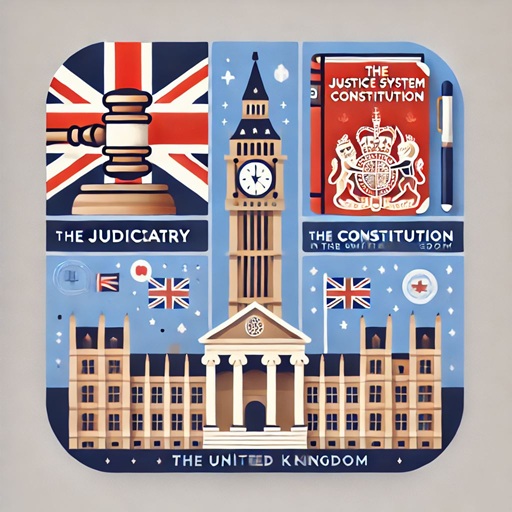


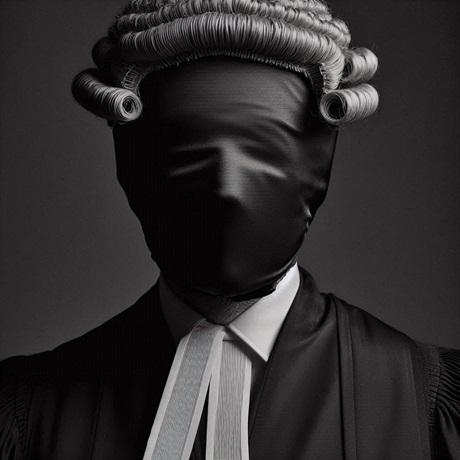

The Ministry of Injustice is not the Ministry of Justice nor is it affiliated in any way with the justice system, legal profession or any law enforcement agencies.
Most Popular ↓




What is Policing by Consent ? What is Two Tier Policing ?
Latest Articles ↓
- What is the Forensic Science Regulator ?Forensic science is a cornerstone of modern criminal justice, providing critical evidence that can make or break a case. However, the reliability and accuracy of… Read more: What is the Forensic Science Regulator ?
- What is the Criminal Cases Review Commission ?The Criminal Cases Review Commission (CCRC) stands as a vital institution within the criminal justice system, dedicated to investigating potential miscarriages of justice. Established in… Read more: What is the Criminal Cases Review Commission ?
- Did Bobby Vylan and the BBC break the law at Glastonbury 2025 ?The performance by Bob Vylan at Glastonbury 2025, where frontman Bobby Vylan (reportedly Pascal Robinson-Foster) led chants of “death, death to the IDF” and “from… Read more: Did Bobby Vylan and the BBC break the law at Glastonbury 2025 ?
- Police Public Confidence and EngagementThe Independent Office for Police Conduct (IOPC) undertake regular surveys to assess the public’s perceptions of the police, as well as their confidence in the… Read more: Police Public Confidence and Engagement
All Articles can be found in the Legal Blog or Sitemap.
You should always seek formal legal advice from a qualified and reputable lawyer (solicitor or barrister).
‘Justice delayed is justice denied’
William Ewart Gladstone
There are a number of links to Free and Paid For Legal Resources and Legal Organisations on the Free Legal Advice , Legal Aid and Pro Bono pages.


